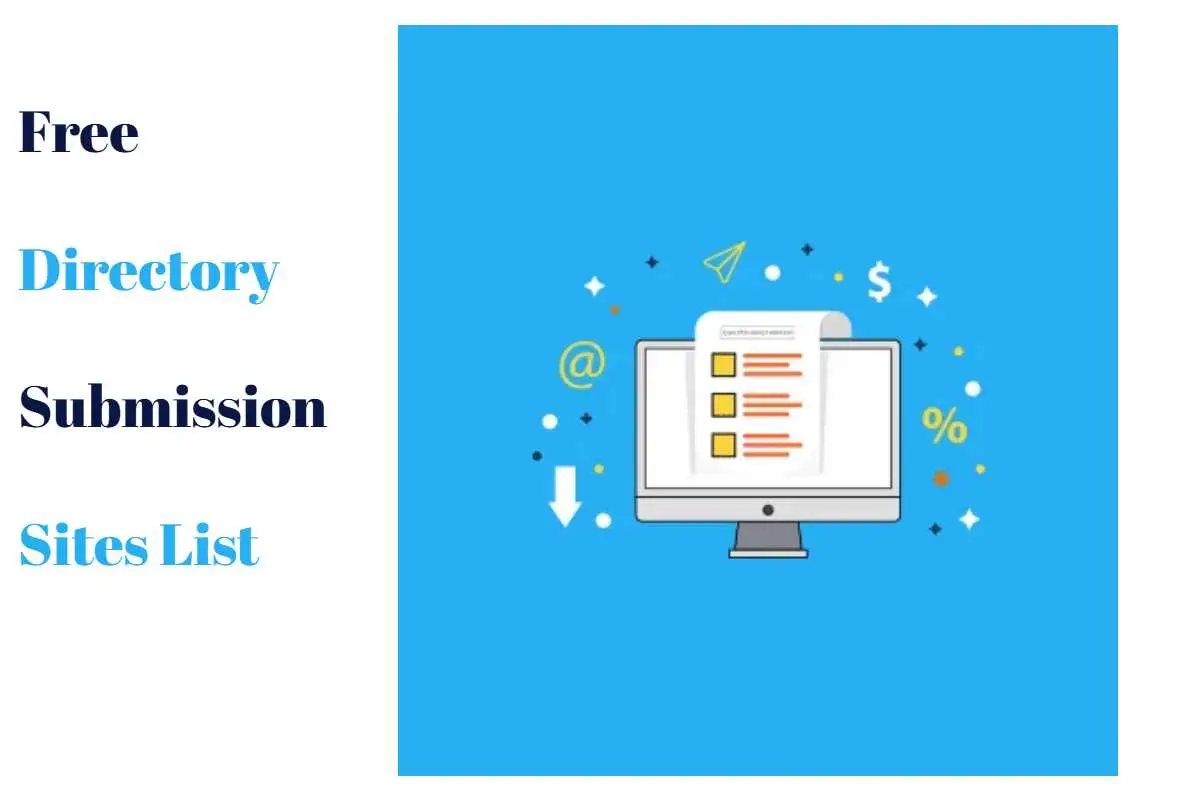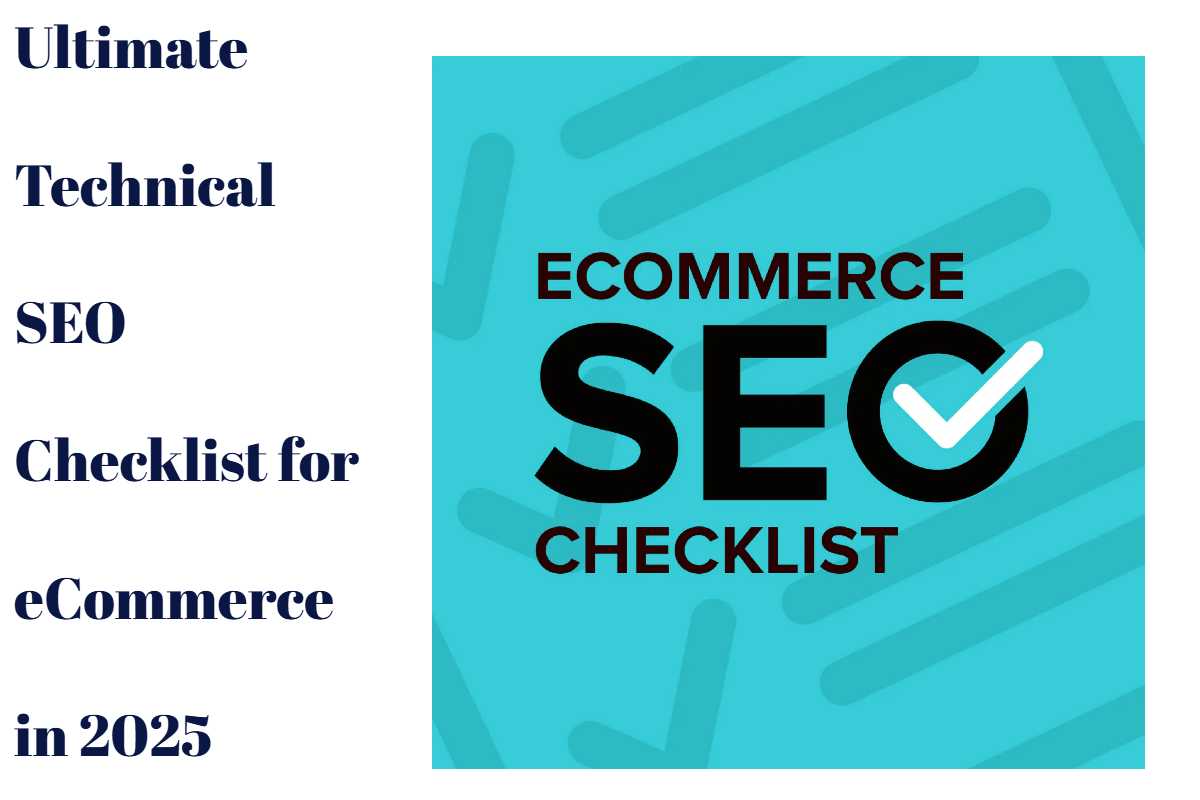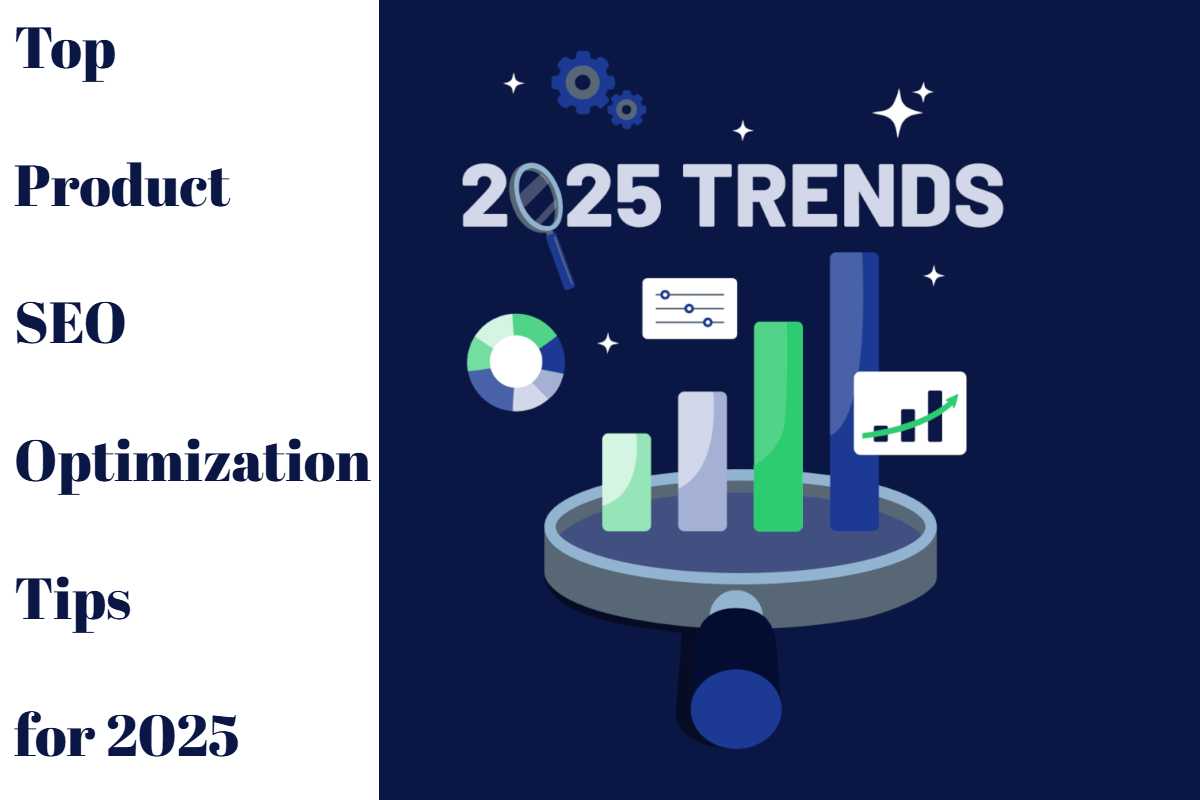What is an SEO Rapid URL Indexer?
An SEO Rapid URL Indexer is a specialized tool that helps you submit your web pages, posts, or backlinks to search engines—primarily Google—for fast indexing. Indexing is the process where search engines discover, crawl, and include your URLs in their databases for ranking in search results.
In 2025, search engine algorithms have become more selective, and indexing is no longer guaranteed just by publishing a webpage. That’s why tools that speed up this process are more crucial than ever.
Why is URL Indexing Important in 2025?
Here’s why URL indexing is a non-negotiable SEO step:
-
Better Search Engine Visibility: If your page isn’t indexed, it won’t appear in Google searches.
-
Fast SEO Response: Helps your new pages rank faster.
-
Backlink Recognition: When indexing backlinks, you increase the link juice to your site.
-
Improved Analytics: Indexed pages provide better data through tools like Google Search Console.
Fact: Google doesn’t guarantee indexing anymore, even for submitted URLs. Rapid indexers bridge that gap.
How Does a URL Indexer Work?
URL indexers ping, submit, or notify search engines about the existence of a URL. Here’s how:
-
Ping Protocol: Notifies search engines about new content.
-
Indexing API (like Google API): Sends URL data directly to Google for priority indexing.
-
Sitemap Submission: Integrates with sitemap.xml for large websites.
-
Backlink Indexing: Indexers crawl and submit external links pointing to your site.
Most modern tools support Google’s Indexing API, making indexing near-instant for eligible content.
Top Benefits of Using Rapid Indexing Tools
Immediate Crawling
Get new content crawled within minutes rather than days or weeks.
Better Keyword Ranking
Quicker indexing = faster keyword recognition and ranking.
Faster Backlink Recognition
Get credit for backlinks faster, boosting domain authority.
Content Monetization
If you’re running ads or affiliate marketing, faster indexing leads to quicker monetization.
Saves Manual Effort
Automates the tedious job of submitting individual URLs.
Best SEO Rapid URL Indexer Tools – 2025 List
Here are the top tools and platforms used by SEOs in 2025:
| Tool Name | Features | Indexing Method | API Support | Pricing |
|---|---|---|---|---|
| SpeedLinks | Auto Indexing, Backlink Pings | Google Ping + API | Yes | Freemium |
| IndexMeNow | Bulk Indexing, Tracking | Indexing API | Yes | Paid |
| OneHourIndexing | Guaranteed Indexing | Private API | Yes | Subscription |
| SEO Indexer Pro | Link Indexing, SEO Tools | Sitemap + Ping | No | Lifetime License |
| LinkCentaur | Backlink Indexing | Index API + Ping | Yes | Paid |
| Google Search Console | Manual Indexing | Direct Submit | No | Free |
| Instant Link Indexer | 70%+ Index Rate | Private Network | No | Paid |
| Elite Indexer | High Index Rate | GSC + API | Yes | Paid |
| IndexInject | High DA Backlink Indexing | API Integration | Yes | Paid |
Pro Tip: Always combine indexers with GSC for maximum results.
Google Indexing API vs. Traditional Indexers
| Feature | Google Indexing API | Traditional Indexers |
|---|---|---|
| Speed | Instant | 24–72 hours |
| Eligibility | Limited to job posting/live stream content | All URLs |
| Indexing Rate | 80–100% | 40–70% |
| Automation | Requires coding/API integration | Usually dashboard-based |
| Control | High | Medium |
In 2025, Google Indexing API is still the fastest method—ideal if you’re tech-savvy.
Step-by-Step: How to Use an SEO Rapid Indexer
Step 1: Choose the Right Tool
Pick a reliable indexer like SpeedLinks or IndexMeNow based on your needs.
Step 2: Prepare Your URLs
List down blog posts, service pages, or backlinks you want indexed.
Step 3: Submit URLs
Use the tool’s dashboard or API to paste and submit your links.
Step 4: Monitor Results
Use Google Search Console or tools like Ahrefs to track indexed URLs.
Step 5: Repeat Regularly
Re-submit important pages or backlinks periodically to ensure visibility.
Common Mistakes to Avoid
Spamming with Irrelevant URLs
Only index valuable, high-quality content. Don’t submit low-effort pages.
Ignoring Robots.txt and Noindex Tags
Ensure your pages are allowed to be crawled before submitting.
Relying on One Indexing Method
Combine GSC, sitemaps, and third-party tools for full coverage.
Overusing Indexers
Don’t submit the same URL multiple times daily—it could flag your site.
Read Also:- Free Directory Submission Sites List – June 2025 (High DA & SEO Friendly)
Is URL Indexing Safe?
URL indexing itself is completely safe and legal. However, here’s what you should be careful about:
Use Your Own Content
Only submit pages with content you created or legally acquired.
Don’t Index Copyrighted Materials
Avoid indexing pages that use images, videos, or text you don’t have rights to.
Avoid Cloaking
Showing different content to users and search engines can get your URL deindexed.
Review Platform Terms
Some indexers may store or cache your URLs—read their privacy policies.
Bottom Line: Indexing is an SEO method, not content duplication. You’re simply telling search engines that your original page exists.
Frequently Asked Questions (FAQs)
Q1. What is the fastest URL indexer in 2025?
Answer: Tools like IndexMeNow and OneHourIndexing currently offer near-instant indexing through APIs.
Q2. How long does Google take to index a URL without using a tool?
Answer: It can take from 1 day to 2 weeks, depending on your website authority and internal linking.
Q3. Is the Google Indexing API free?
Answer: Yes, it’s free but limited to specific content types like job postings or live stream URLs.
Q4. Can I index thousands of URLs at once?
Answer: Yes, using bulk indexers or tools with batch-upload features like SpeedLinks or Instant Link Indexer.
Q5. What if my submitted URL isn’t getting indexed?
Answer: Check for:
-
noindexmeta tags -
robots.txt blocking
-
low-quality content
-
lack of internal/backlinks
Q6. Does indexing guarantee ranking?
Answer: No, but it’s the first step. Only indexed pages can eventually rank.
Q7. Are paid indexers better than free ones?
Answer: Paid tools usually offer higher indexing rates, better support, and tracking.
Q8. Can indexing harm my site’s SEO?
Answer: Not unless you overdo it, spam, or index poor-quality pages.
Final Thoughts and Recommendations
In the SEO landscape of 2025, indexing your content rapidly is a core strategy for digital marketers, bloggers, and business owners. A delay in indexing can mean lost traffic, slower rankings, and missed opportunities.
Whether you’re publishing blogs, product pages, or getting new backlinks, an SEO rapid URL indexer ensures your efforts are recognized by search engines fast.














